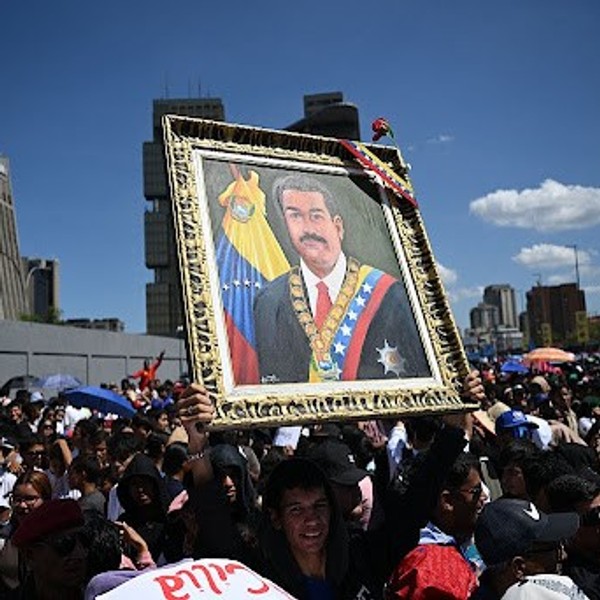Bottom Line Up Front
- President Trump’s veto of attempted Congressional limits on U.S. involvement in the war in Yemen increases the likelihood of a protracted conflict.
- Saudi Arabia faces no credible pressure to seek a negotiated political settlement in Yemen.
- Terrorist groups including al-Qaeda in the Arabian Peninsula (AQAP) and ISIS-Y, a Yemeni branch of the so-called Islamic State, are able to exploit the conflict in Yemen for their own gain.
- The single goal of the Saudi war—to roll back Iranian influence in Yemen—has failed miserably. On the contrary, Iran’s influence in Yemen has grown.
The U.S. Congressional resolution to enforce the War Powers Act to limit direct U.S. military support for the Saudi- and UAE-led war in Yemen was more than a belated symbolic gesture. If upheld, it would have been a rare message from Washington to Riyadh that it was past time to change the course of the war. The conflict is mired in a bloody stalemate, while instability provides an opening for the continued growth of al-Qaeda and Islamic State affiliates. It would also show concern for the seemingly endless humanitarian crisis that has wrought disease, starvation, and death. On April 16, 2019, President Trump vetoed the bill that passed with bipartisan support—no small feat with so much political discord in Washington. The veto is a message to Saudi Arabia that the U.S. will take no steps to constrain its air-campaign in Yemen, which to date has killed thousands of civilians in persistent accidental or indiscriminate air strikes.
The scorched earth counterinsurgency campaign led by the Saudi-Emirati axis will ensure that Yemen remains a vortex of war and extremism, fueling grievances of locals and ensuring support for militant jihadist organizations. AQAP has long maintained a robust presence in Yemen and the Islamic State wilayat (known as ISIS-Y) has made inroads and is beginning to secure an effective foothold. Fighting between the two groups has increased as they compete for territory and recruits. The longer the conflict drags on and the more it acquires sectarian overtones, the more attractive it will become as a location for foreign terrorist fighters looking for the lure of jihad, now that the territorial caliphate has been destroyed. The growing war between jihadists in Yemen has remained parochial for now, but the potential for spillover beyond the country’s borders is significant.
By almost every indicator, Yemen has devolved into a collapsed state. The country’s already dilapidated infrastructure has been even further decimated; an insufficient health care system has collapsed, and an already struggling economy has bottomed out. Cholera and other diseases have spread as clean water—already an existential issue in parts of Yemen—becomes even scarcer and the emergency health services are overextended. More insidious is the impact on society. The social fabric, already strained by local and tribal tensions, now seems unable to escape the cycle of perpetual war. There is no credible reconstruction effort for Yemen in the near future –from rebuilding infrastructure to repairing social and tribal ties.
And while it remains difficult to fathom the situation deteriorating further, it can and likely will get worse. The growing conflict between Saudi Arabia and the U.A.E. on one side and Iran on the other has resulted in a hardening of resolve for the parties involved. Both sides have increased their efforts and support for their proxies, respectively. Washington’s approach to foreign policy remains myopically pivoted toward supporting any country or cause that opposes Iran. The single goal of the Saudi war—to roll back Iranian influence in Yemen—has failed miserably. On the contrary, Iran’s influence in Yemen has grown, with increasing cooperation between Tehran and Houthi rebels. There have been no meaningful attempts to break through the impasse to bring the warring sides to the negotiating table. To be sure, the U.S. has downgraded diplomacy in favor of selling arms to manage the conflict, which has produced the expected results.















